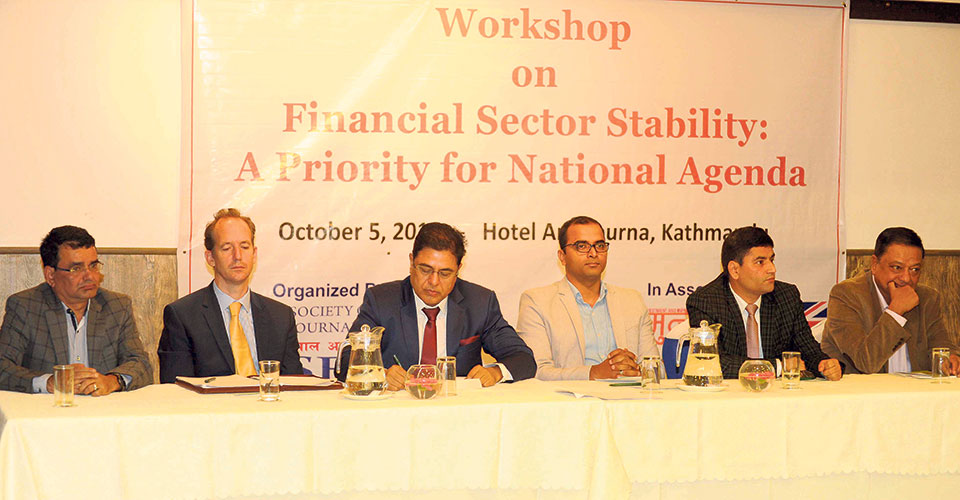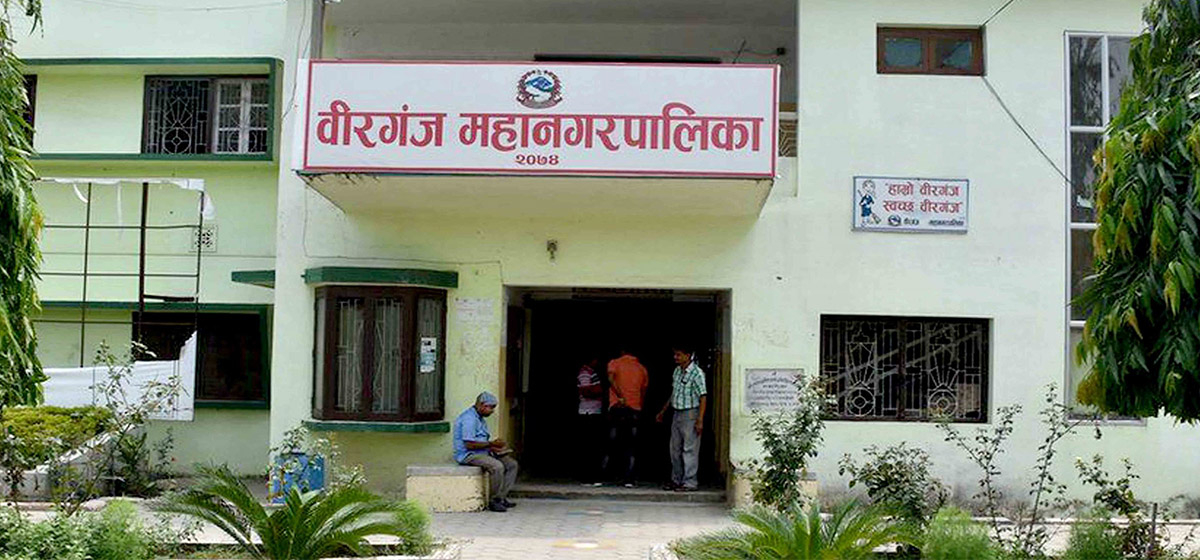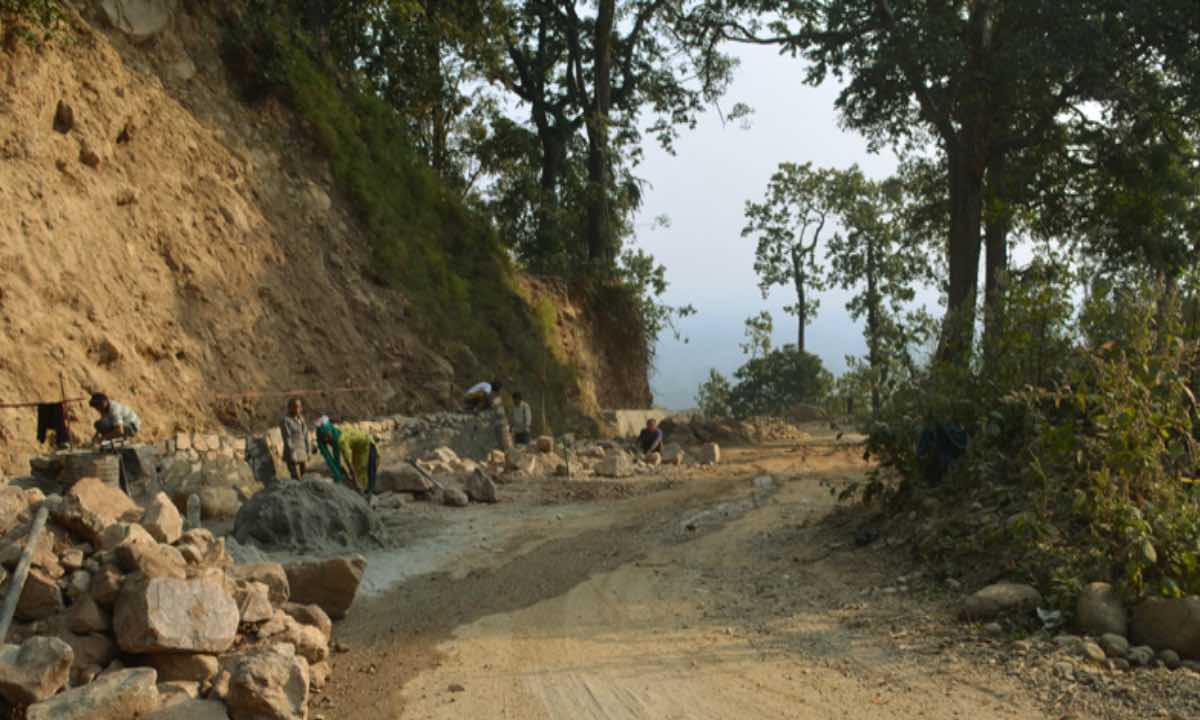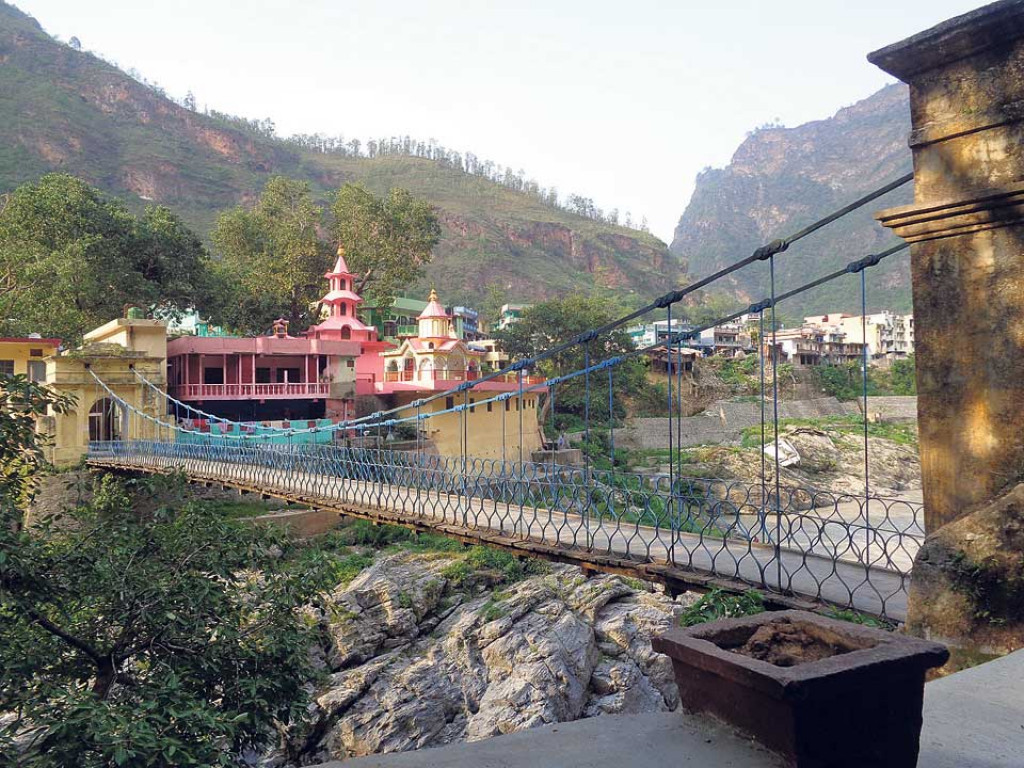
OR
Loosely-regulated cooperatives a threat to financial sector stability: NRB Governor
Published On: October 6, 2018 09:23 AM NPT By: Republica | @RepublicaNepal

KATHMANDU, Oct 6: Nepal Rastra Bank (NRB) Governor Chiranjibi Nepal has warned that the loosely-regulated cooperatives that mobilize deposits are the biggest threats to the financial sector stability of the country.
Addressing the inaugural session of a talk program on ‘Financial Sector Stability: A Priority for National Agenda’ organized by the Society of Economic Journalists-Nepal (SEJON) in the capital on Friday, NRB Governor Nepal said that the saving and deposit cooperatives as well as non-banking financial institutions have posed unseen risks to the financial sector stability of the country, according to a statement issued by SEJON.
He added that the monetary policy for the current Fiscal Year 2018/19 has introduced several measures to strengthen financial stability.
On the occasion, financial experts, policy makers and regulators said that financial stability was a pre-requisite for economic growth and should not be taken as granted.
“Regulatory system of the banking sector is very strong. The central bank is strong and capable to control banks and financial institutions,” Governor Nepal was quoted as saying.
As more than 15 percent of money is mobilized by these institutions that are out of the regulatory system, he said that any shock from them could pose threat to the entire financial system of the country.
Also speaking on the occasion, Bimal Koirala, political economy advisor at UKAid-funded Financial Sector Stability Program, underscored the need to strengthen regulatory and supervisory capacities of the regulatory bodies to maintain financial stability of the country.
“The country has witnessed a lot of changes in the financial sector in recent times. The number of banks and financial institutions has increased while cooperatives and non-banking financial institutions have emerged as an actor in the financial sector,” he said. “Their monitoring and regulation is important for the financial sector stability.”
Nara Bahadur Thapa, research department chief of the NRB, said that the state-owned Rastriya Banijya Bank and Nepal Bank Ltd had threatened the financial sector stability of the country in the past. Stating that the government had to bail out these banks through Rs 3.5 billion of the taxpayers’ money, he said that the crisis has also led to several reform initiatives in the financial sector.
Strahan Spencer, senior economic adviser at DFID Nepal, said that firms and households are vulnerable to economic or financial shocks. “One of the important lessons from the global financial crisis of 2008 is that we should not take financial stability as granted,” he said, warning that sophisticated financial products could pose risk to the financial sector.
You May Like This

Mega Bank to utilize Rs 2b loan from Doha Bank
KATHMANDU, Feb 17: Mega Bank Ltd has signed an agreement to utilize Rs 2 billion in commercial loan from Doha... Read More...

Sebon brings new anti-money laundering guidelines for securities, commodities market
KATHMANDU, June 22: Securities Board of Nepal (Sebon) has introduced new guidelines on anti-money laundering that, among others, list out... Read More...

Hospitals too get permits to borrow in foreign currency
KATHMANDU, Sep 1: Nepal Rastra Bank (NRB) has paved the way for hospitals, which make earnings also in foreign currency, to... Read More...
Just In
- KMC to organize a month-long skill fair from May 1
- Birgunj Metropolis collects over Rs 360 million in revenue
- NEPSE plunges below 2,000 points after one and a half months; daily turnover declines to Rs 2.10 billion
- AI Index Report-2024: AI still behind humans on complex tasks like competition-level mathematics
- Daiji-Jogbudha road construction at snail’s pace
- Govt fails to adopt podway technology despite its potential in Nepal
- Jhulaghat border crossing in Baitadi to remain closed from this evening
- Universities will be free from partisan interests: Education Minister


















Leave A Comment